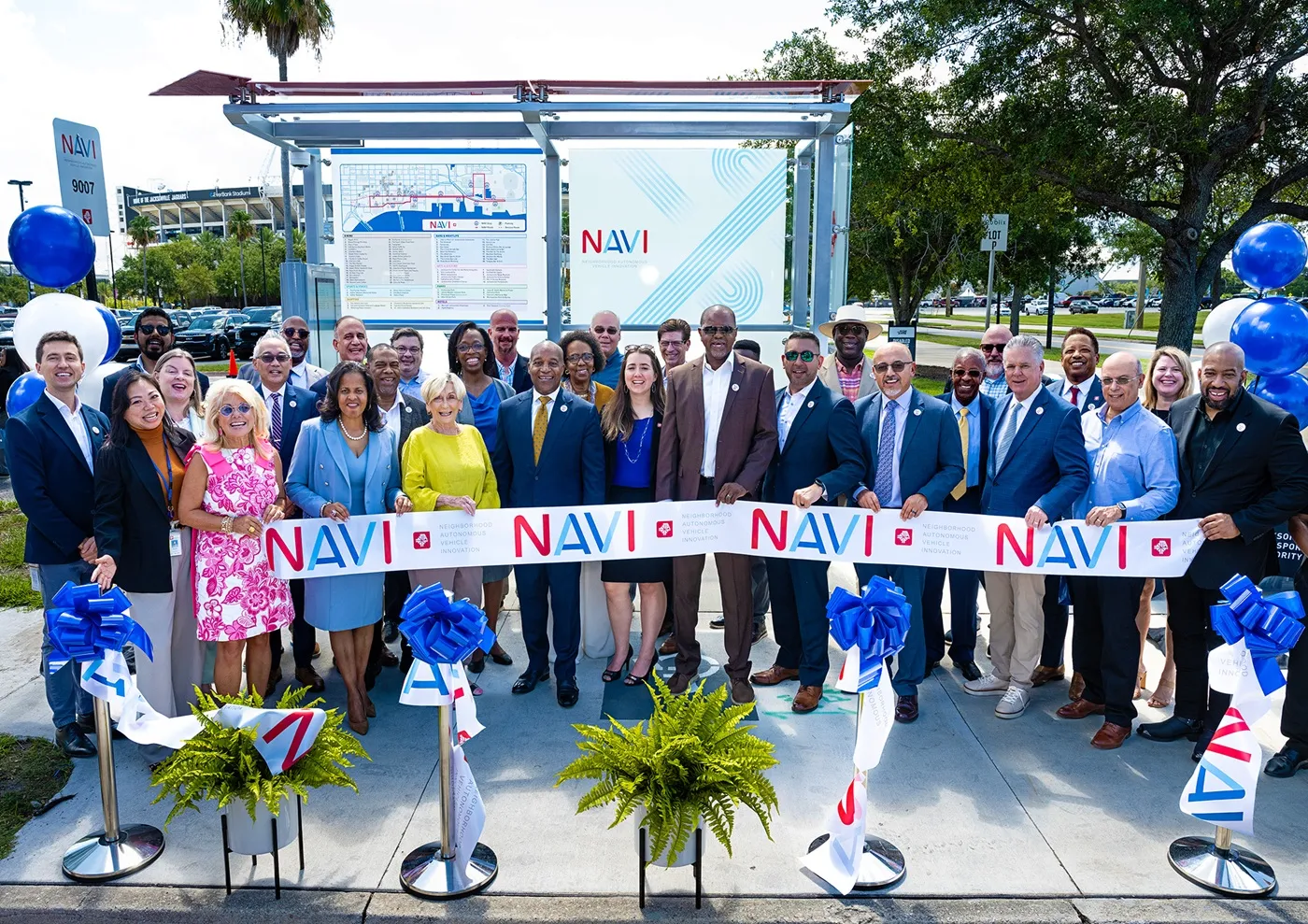The Florida Department of Transportation (FDOT) has announced its selection of I-4 Mobility Partners as the best value proposer for the reconstruction of Interstate 4 in Orange and Seminole counties and will post a Notice of Intent to Award later today.
The I-4 Ultimate project is being procured by FDOT as a public-private partnership. The I-4 Mobility Partners team will design, build, finance, operate and maintain the project through a 40-year public-private partnership concession agreement at a total d
April 24, 2014
Read time: 2 mins
The 4503 Florida Department of Transportation (FDOT) has announced its selection of I-4 Mobility Partners as the best value proposer for the reconstruction of Interstate 4 in Orange and Seminole counties and will post a Notice of Intent to Award later today.
The I-4 Ultimate project is being procured by FDOT as a public-private partnership. The I-4 Mobility Partners team will design, build, finance, operate and maintain the project through a 40-year public-private partnership concession agreement at a total design and construction cost of US$2.3 trillion.
The project includes the reconstruction of 21 miles of I-4; the I-4 Ultimate project adds four tolled express lanes to I-4 while maintaining the existing free general use lanes, providing a choice to motorists. The express lanes will be operated with variable tolls which will be adjusted to improve traffic flow throughout the corridor. FDOT will retain the toll revenue and will control the toll rates.
The I-4 Mobility Partners team includes7136 Skanska Infrastructure Development, John Laing Investments, Construction Joint Venture (Skanska USA Civil Southeast, Granite Construction and the Lane Construction), Design Joint Venture (HDR Engineering and 6320 Jacobs Engineering Group) and Infrastructure Corporation of America.
The I-4 Mobility Partners team provided FDOT with additional technical enhancements in its proposal that included direct connections from I-4 express lanes to SR 408, capacity improvements in the form of additional auxiliary lanes and turn lanes, pedestrian bridges, and enhanced aesthetics along the facility. Construction is expected to begin in 2015 and be completed in 2021.
FDOT Secretary Prasad said, “The use of a public-private partnership for the I-4 Ultimate project will help us deliver these improvements 20 years sooner than using conventional methods. This benefits Central Florida residents, commuters and visitors.”
The I-4 Ultimate project is being procured by FDOT as a public-private partnership. The I-4 Mobility Partners team will design, build, finance, operate and maintain the project through a 40-year public-private partnership concession agreement at a total design and construction cost of US$2.3 trillion.
The project includes the reconstruction of 21 miles of I-4; the I-4 Ultimate project adds four tolled express lanes to I-4 while maintaining the existing free general use lanes, providing a choice to motorists. The express lanes will be operated with variable tolls which will be adjusted to improve traffic flow throughout the corridor. FDOT will retain the toll revenue and will control the toll rates.
The I-4 Mobility Partners team includes
The I-4 Mobility Partners team provided FDOT with additional technical enhancements in its proposal that included direct connections from I-4 express lanes to SR 408, capacity improvements in the form of additional auxiliary lanes and turn lanes, pedestrian bridges, and enhanced aesthetics along the facility. Construction is expected to begin in 2015 and be completed in 2021.
FDOT Secretary Prasad said, “The use of a public-private partnership for the I-4 Ultimate project will help us deliver these improvements 20 years sooner than using conventional methods. This benefits Central Florida residents, commuters and visitors.”








